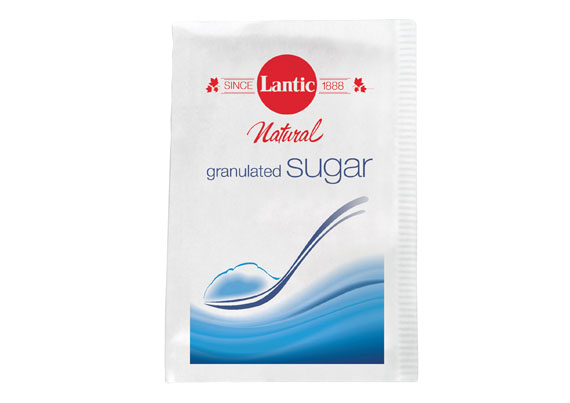
Landry is a specialized supplier, printer and converter of flexible packaging for the food and various other industries. We have been loyally serving customers throughout North America for over 87 years (since 1933).
Our in-depth understanding of our customers needs, their product application requirements and our unwavering dedication to produce top quality printing is what make Landry stand out from all competition.
Flexible packaging makes thousands of products more convenient, enjoyable, and safer for consumers. All thanks to the commitment to innovation, technology, and sustainability that is the hallmark of this product.
As one of the fastest growing segments of the industry, flexible packaging adds value and marketability to food and non-food products alike – combining the best qualities of plastic film, paper and aluminum foil to deliver a broad range of protective properties while employing a minimum of material.
The industry continues to advance at an unprecedented rate. Innovation and advancements in technology have led to the development of lighter weight packaging that enhance flexible packaging’s shelf appeal, strength, product protection, and the ability to be sealed. There are hundreds of examples of innovation in flexible packaging. Along with its versatility, custom qualities, efficiency and conserving properties, flexible packaging is light-weight and easy to open, carry and store.